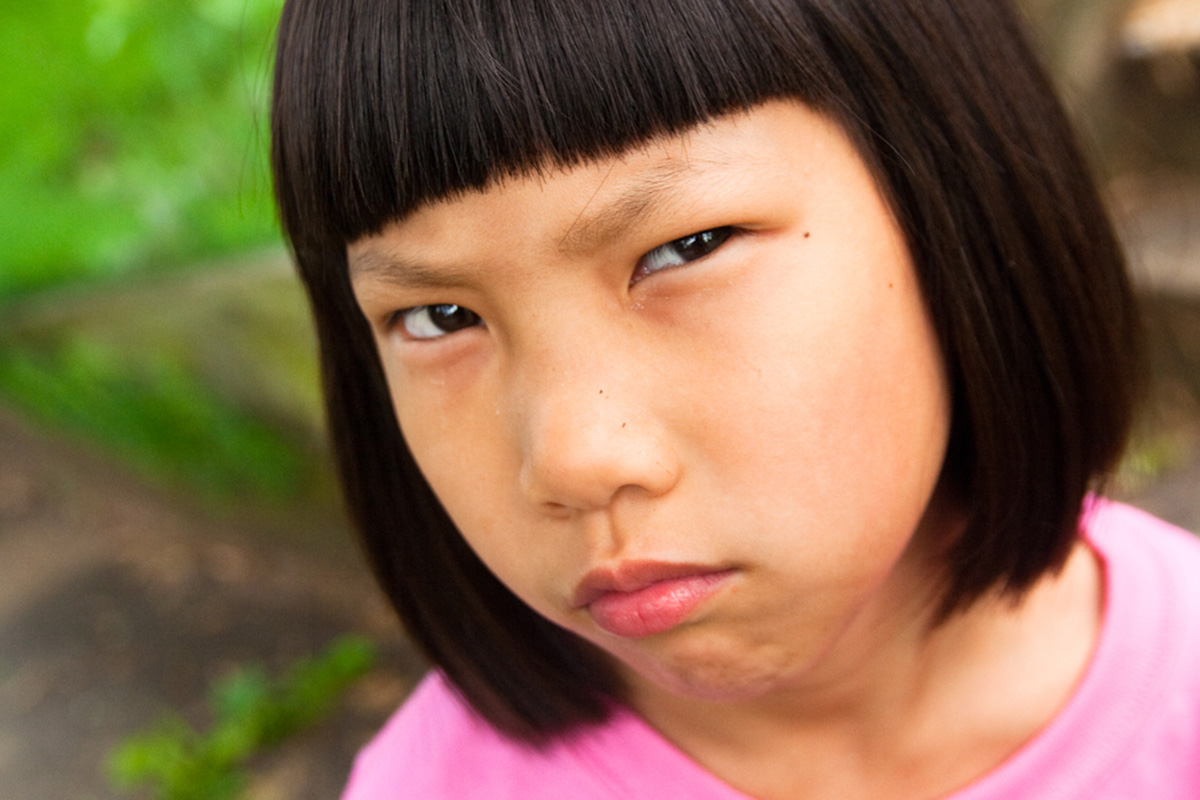Table of Contents
What role does criticizing your children play in your overall parenting approach? Some parents take the idea that they are there to point out what their kids simply need to do better for granted and believe that's what parents are there for, while others adopt a more unusual approach and aim to resolve all problems through a consensus, equating criticism with force. Before these two extremes and the many shades of gray in between disagree vehemently, re-examining what criticism really means and how you can use it effectively may be interesting.

What Is Criticism?
Hear the word "criticism", and chances are that you'll immediately imagine a scenario where one person tells another what they're doing wrong — often in a not-so-subtle way. The fact is that criticism is a multi-faceted experience for both or all parties, however.
Google's very own dictionary defines criticism as "the expression of disapproval of someone or something on the basis of perceived faults or mistakes", or alternately "the analysis and judgement of the merits and faults of a literary or artistic work". Proposed synonyms for the first definition include reproval, condemnation, fault-finding, carping, and (oddly) censure.
An article that appeared on Psychology Today just recently had some thought-provoking points. "Criticism fails because it embodies two of the things that human beings hate the most," the author wrote, going on to say that "it calls for submission, and we hate to submit," and "it devalues, and we hate to feel devalued".
There's no doubting that many people experience criticism that way. The question is, why? Is the problem that we tend to have too narrow an understanding of the word itself, or that we don't like to be called out on anything we did wrong or could do better? I suspect the first. We tend to think of "criticism" as "scolding", and not just in a parenting context. Yet, it is usually actually possible to point out what people, including your children, can do better or need to stop doing without making them feel like they are forced to submit and aren't valued for who they are. It may take practice, but it's possible.
See Also: How Active Play Can Boost Young Brains
If we adopt "parental guidance" as a definition of criticism, most parents will suddenly agree that it's an integral part of their job description of helping their young people to grow up into responsible and hopefully happy adults. The question of what types of correctional guidance work and which ones tend to be unproductive still remains. Let's examine that next. Before we do, I thought I should point out that there are more than two choices – we are not deciding between praising everything our kids do and being an overly critical parent fond of yelling. Of course we're going to want to get our kids to stop doing some things while stopping others. The question is, how do we do that in a way that works for both parents and children?
- Photo courtesy of Stevendepolo via Flickr: www.flickr.com/photos/stevendepolo/4605621230
- Photo courtesy of left-hand via Flickr: www.flickr.com/photos/left-hand/4122009797


Your thoughts on this